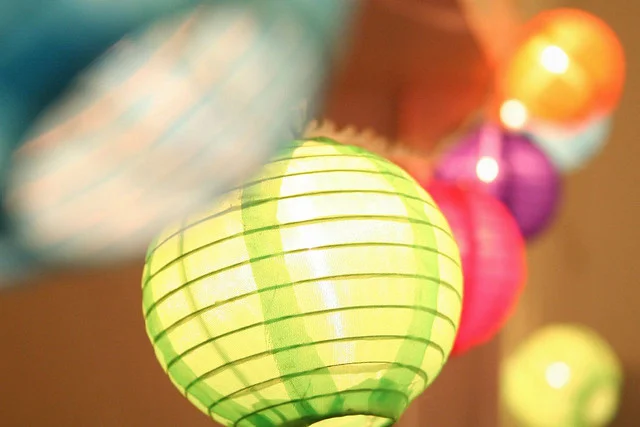My mind won’t settle down. A wind sets it spinning and I hesitate to write what scatters through: thistles in a dog’s coat. Seeds strewn by a machine, some rolling into tilled earth, some onto pavement. Dust weeping from an eye. What ants and beetles push and carry.
Sometimes it’s hard to find a way into a day’s writing. Nothing seems to cohere, and the cursor blinks and blinks over the next white spot on the page. Today, restless, I get up, search the shelves for a book, one of my favorites—David Abrams’ brilliant “The Spell of the Sensuous” —and flip through it to rub against the words, drop myself into the order of another mind. What catches my eye is a moment in a section on “the progressive forgetting of the air—the loss of the invisible richness of the present.”
Abrams writes of a loss of a deep connection between the body and the aliveness of the world that begins with “forgetting of the air, the forgetting of this sensuous but unseen medium that continually flows in and out of the breathing body, binding the subtle depths within us the fathomless depths that surround us.”
In the smallest of steps toward remembering, I draw a slow breath, and another, returning to the room, the telling still life of the desk (crumpled tissue, empty cereal bowl, blue tincture bottle labeled “inspiration”…). The carpet is soft under my bare feet.
I know this feeling of returning, of grounding myself in the body by breathing, then noticing, once more, the world outside my mind. It’s the core practice I use, and recommend, for daily writing: Breathe, observe just one thing closely, intimately, and write what you see.
Remembering the way back
I know how valuable this process is for me, and yet I let myself push it aside. “You’re writing about the past today,” my rushed mind says, getting ever more bossy the more desperate and frustrated it feels. “You don’t have time to stare at a leaf or the stupid reflections in a water bottle. What does that have to do with anything?”
Given its way, it would probably say breathing is a waste of time as well: “Forget the air. Just be creative, okay?”
Stressed or tired or feeling my confidence dinged, I sometimes respond automatically to that inner voice (you probably recognize the Inner Critic’s inflections in it) and act as though it’s got my best interests at heart. It takes effort to shake off its trance, to come back to myself.
So I learn and relearn, forget and then rediscover.
I think we all do, beautiful writer person. The trick is noticing we’ve forgotten what works for us, and beginning again.
Reminders help. And serendipitous contact with voices like Abrams’ when I most need them. When I return to the past later today, I’ll begin in my body, breathing, paying attention to what’s right here and making room for the possibility of binding the subtle depths inside me to those fathomless depths that are as near as the sky and the birds outside the window.
It’ll look for all the world as though I’m just gazing into the palm of my hand but I'll be going as deeply as I can, following its map of lines: head, heart, life.
(Cloud image by Horla Varlan via flickr)
Writing about conflict? Here’s a tool for you.
I thought of you, beautiful writer person, when I heard a guided meditation on conflict this week.
It was offered as part of a program for mediators and others who regularly step into the midst of disputes, but as I listened, I realized that it was an excellent door through which you might step into scenes from your life that could deepen your story or memoir or poem.
The meditation is led by Zoketsu Norman Fischer, a Zen priest based in Northern California, and it’s available here. There’s no religious or even philosophical orientation, just an opportunity for entering an inner space and exploring what’s there.

